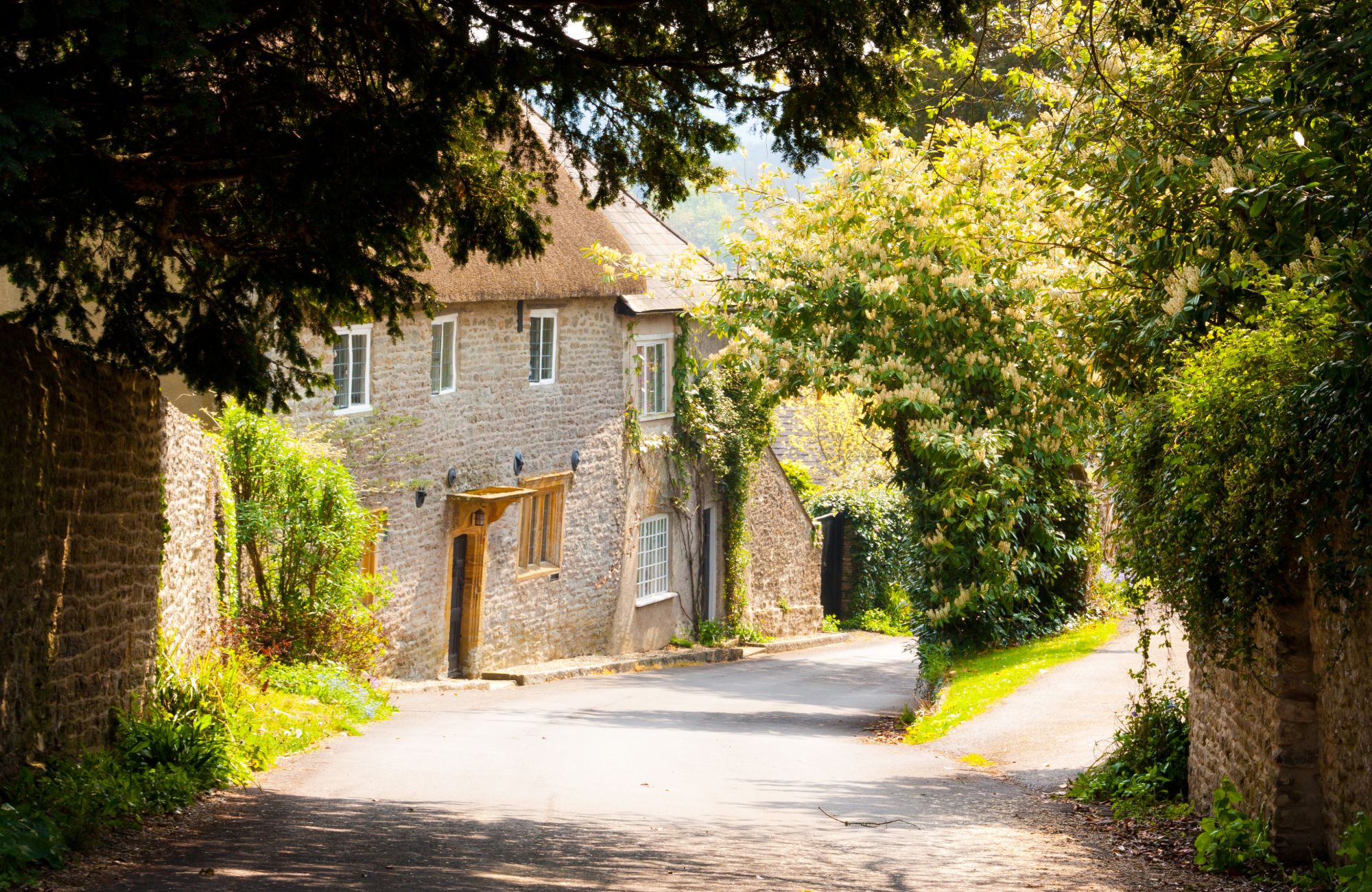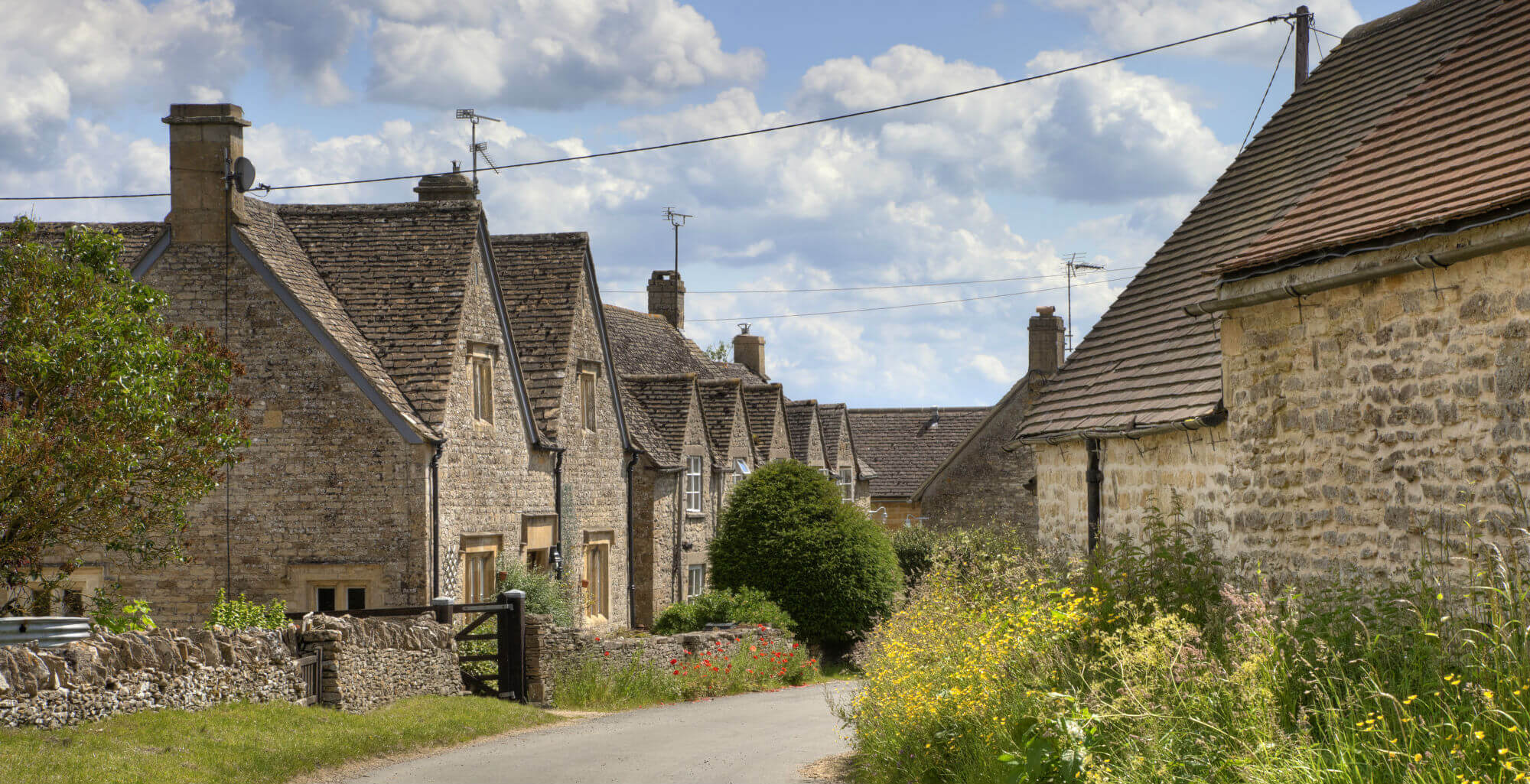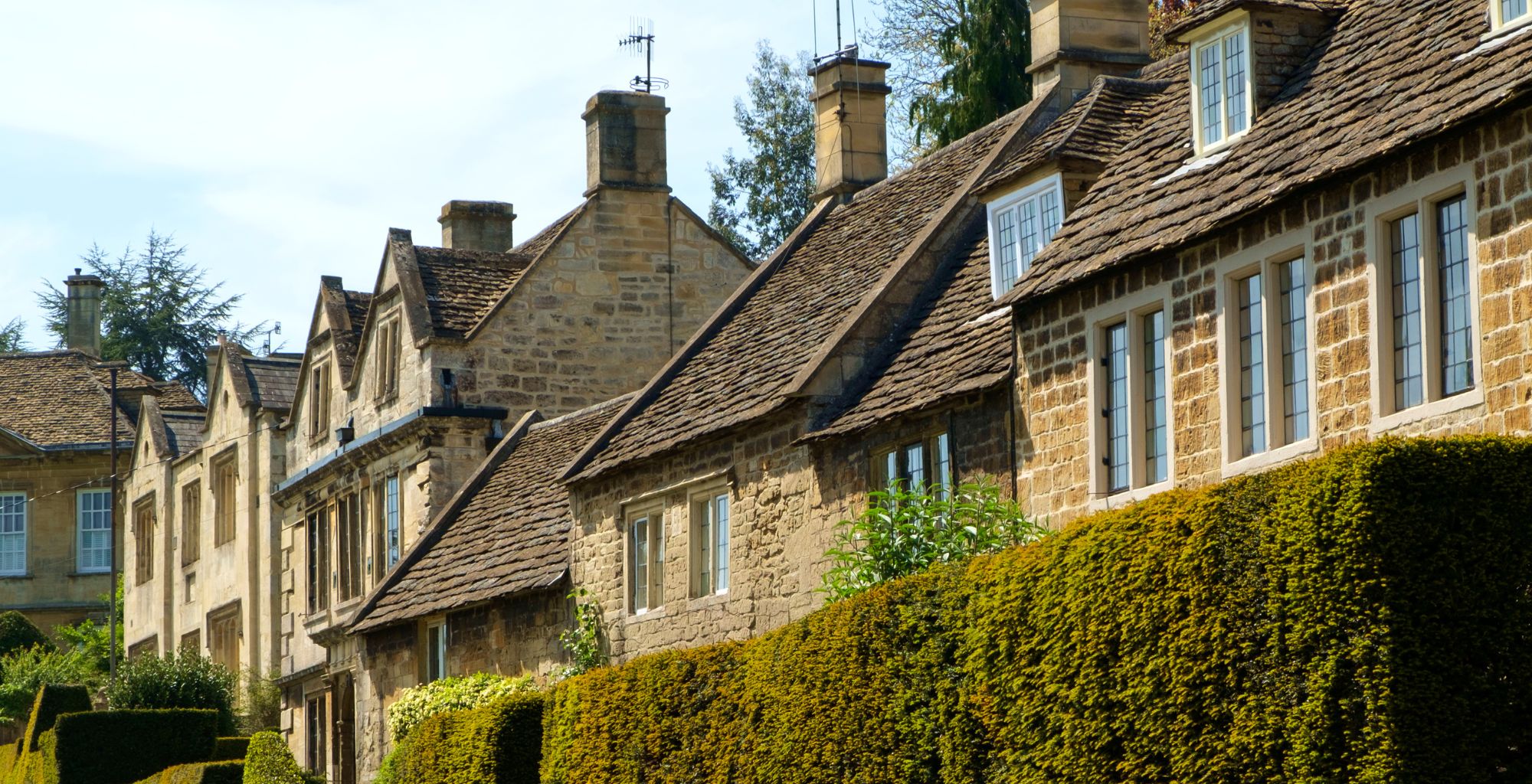Understanding your surveyor’s report and knowing which type of survey is best for your property purchase can seem daunting....

Buying a property in the UK
For those buying a property for the first time in England the process of purchasing a property can seem complicated.
Many countries have their own rules for purchasing property and the UK is no different, there are certain elements of the buying process which for the most part are guaranteed to take place. Furthermore the industry jargon can cause confusion so it’s useful to understand the property lingo.
Looking for a property to buy
Whilst you can search for properties online it is much more thorough to register your requirements with each selling agent within an area that you’re considering buying a property. We are regularly instructed by clients who do not have the time to manage relationships with all the agents in their search area, it can be an arduous task.
There are some key things that are good to know when looking for property – prices can be listed in many different ways. Guide Price is exactly that, a figure that acts as a guide as to what to pay, this indicates that there is some room for movement.
Asking Price is more definitive, the figure listed is the price the seller would like to achieve. OIRO meaning offers in the region of, this figure gives you a rough idea of the price the seller would like to achieve and OIEO – offers in excess of, means that the seller would like more than the figure given. You might also find that a property has a figure and then reads ONO which means or nearest offer.
It’s also useful to know the difference between leasehold, freehold and share of freehold when looking for a property in the UK.
Securing a property
Once you’ve found a property that you would like to buy the next step is to put forward an offer, in most instances there will usually be room for negotiation on the listed price. In England and Wales an offer isn’t legally binding until contracts are exchanged.
You can make an offer in person, over the phone or in writing, the latter usually being the best method so that any conditions you might have are clear. Making your offer ‘subject to contract’ technically allows for renegotiations should any problems arise during conveyancing or are found during the survey.
Once your offer is accepted you will proceed to purchase the property, at this point the purchase is not entirely guaranteed, at this point you can be gazumped. Gazumping is when another buyer makes a better offer for the property and proceeds to purchase the property instead of you.
There are several necessary steps between agreeing the purchase price and completing on the purchase.
Surveys and Valuations
We recommend for all our clients to have a survey conducted on a property before exchange of contracts. There are different types of survey which are relevant according to the age and type of property you are buying.
If you are purchasing with a mortgage there will be a valuation carried out on the behalf of the bank or lender, this will purely be a valuation survey for the purpose of establishing the value of the property, it should not be confused with a survey which will be to assess the property.
It might be the case that you are offered the opportunity to upgrade your mortgage valuation survey to include a home buyers survey, whilst this might seem easier we would always recommend you engage a separate, independent surveyor.
The legal process of buying a property in England
Once the purchase is agreed you’ll need to hire a solicitor to handle to the legal work of transferring the property from the current owners name into yours. It’s important to find a solicitor or conveyancer who you trust as property buying can sometimes take a long time. If you don’t have good communication with your solicitor it can be a frustrating process.
You do not have to use the solicitor or conveyancer recommended to you by the selling agent, nor do you have to use their mortgage broker should they have one.
There are several common conveyancing terms that are useful to understand such as Searches. Conveyancing searches are submitted to authorities local to the property you’re buying to provide additional information such as that from the environmental agency, the water authority and local council.
You might hear the selling agent or your solicitor talk about raising enquiries or getting queries answered when buying a property. These are simply questions relevant to the property you’re buying, whilst there are usually an initial set of enquiries that will be quite standard throughout the process the queries will become more focused depending on the property you’re purchasing and the information supplied in the searches and from the sellers solicitor.
From their findings your solicitor will send you their report on your purchase prior to the exchange of contracts. It’s wise to read this and ask any questions if anything concerns you.
Once the solicitor has completed their work you will be in a position to exchange contracts. Before this can be done you will need to sign the contract and agree a date for completion of the purchase, you will also need to transfer the deposit to your solicitor this is usually around 10% of the agreed property purchase price.
Completion of the property purchase
Between exchange of contracts and completion of the purchase your solicitor will send a statement showing the final figure to pay and it must be cleared into the solicitors account at least one day before completion.
Completion usually takes place at around midday on the agreed date, the solicitors complete the transaction and will contact you shortly after to confirm that the property is now yours and you may collect the keys.
After completion the solicitor should arrange payment of Stamp Duty Land Tax on your behalf, ensure the Land Registry register you as the new owner and notify the freeholder if you’re buying a property that is leasehold.
Buying a property
We can help you find and buy a property with confidence, if you’d like to learn more about our property finding service please, contact us.







